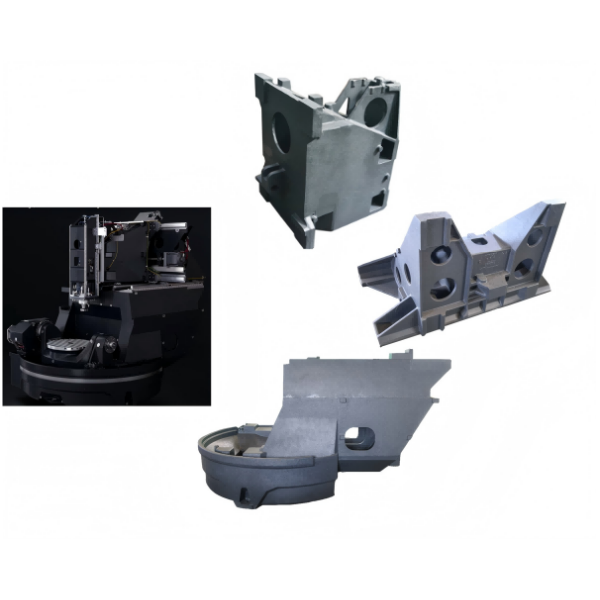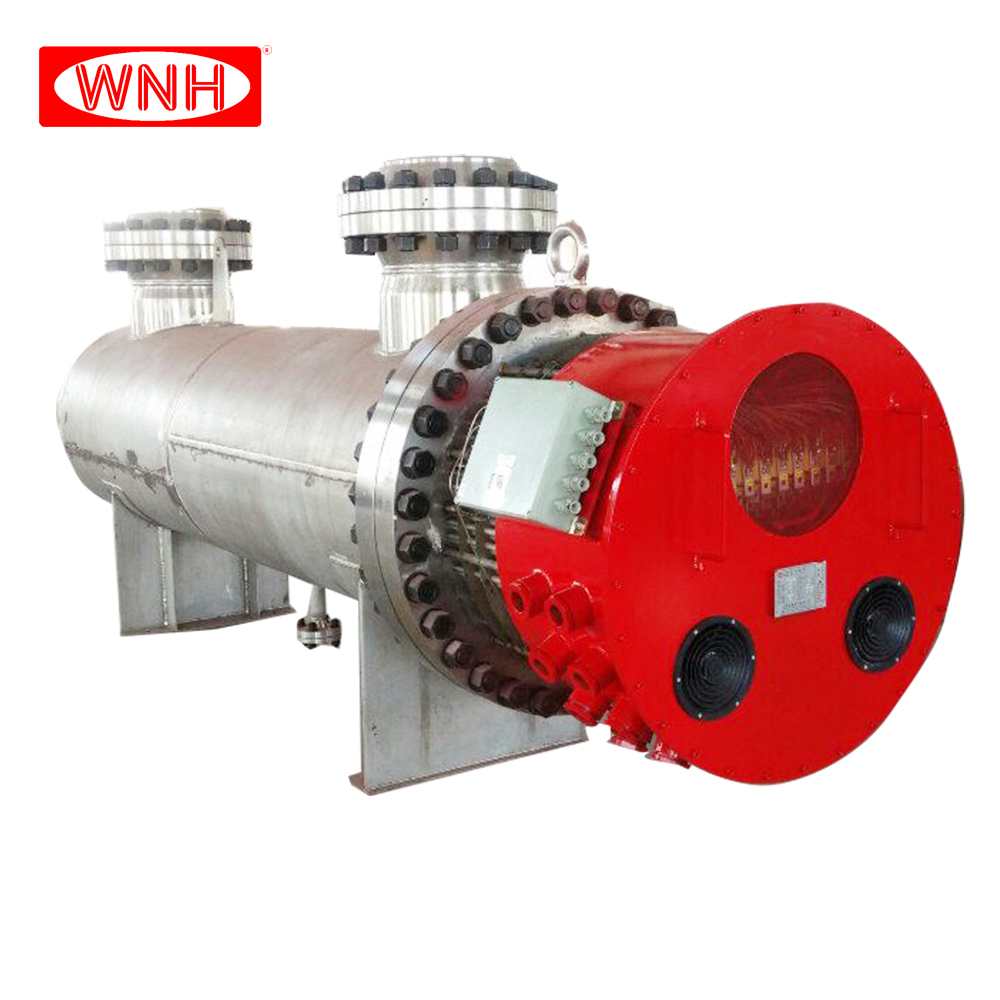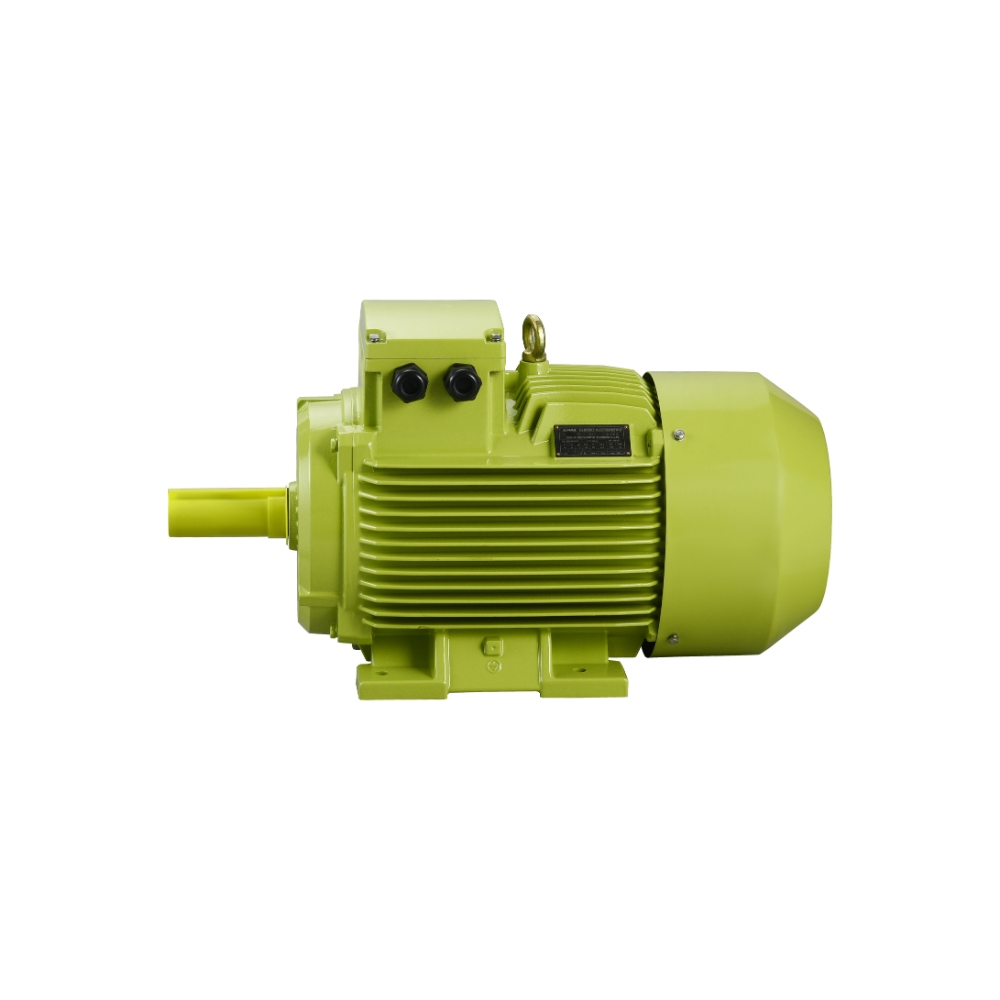Concrete walls are a common feature in many buildings, providing strength and durability. However, they are susceptible to water damage, which can lead to structural issues and costly repairs. To protect concrete walls from water infiltration, it is crucial to select the best waterproofing solution. In this comprehensive guide, we will explore various options and help you make an informed decision.
- Understanding the Importance of Waterproofing for Concrete Walls:
Waterproofing concrete walls is essential to prevent moisture penetration, which can cause cracks, mold growth, and deterioration. It ensures the longevity and structural integrity of the building, saving you from expensive repairs in the long run. - Factors to Consider When Choosing a Waterproofing Solution:
a. Type of Water Exposure: Consider the source and intensity of water exposure, such as rainwater, groundwater, or hydrostatic pressure. Different waterproofing methods are suitable for different scenarios.
b. Climate and Environmental Conditions: Evaluate the local climate, temperature fluctuations, and soil conditions to determine the most effective waterproofing system.
c. Compatibility with Concrete: Ensure that the chosen waterproofing solution is compatible with the type of concrete used in the construction. - Popular Waterproofing Solutions for Concrete Walls:
a. Cementitious Waterproofing Coatings: These coatings are applied directly to the concrete surface and form a protective barrier against water. They are cost-effective and suitable for moderate water exposure.
b. Liquid Applied Membranes: These membranes are sprayed or rolled onto the concrete walls, creating a seamless and flexible waterproofing layer. They are highly durable and ideal for areas with high water exposure.
c. Bentonite Clay Waterproofing: Bentonite clay panels or sheets are installed against the concrete walls. When exposed to water, the clay expands, creating a watertight seal. This method is effective for below-grade applications.
d. Crystalline Waterproofing: This solution penetrates the concrete walls and forms crystals that block water molecules. It provides long-term protection and is suitable for both new construction and renovation projects. - Additional Considerations:
a. Application Method: Evaluate the ease of application and whether professional assistance is required.
b. Maintenance and Repair: Consider the long-term maintenance requirements and the ease of repairing any potential damages.
c. Cost: Compare the initial installation cost and the potential savings in terms of future repairs.
Conclusion:
Choosing the best waterproofing solution for concrete walls is crucial to ensure their longevity and protect the overall structure. By considering factors such as water exposure, climate conditions, and compatibility with concrete, you can make an informed decision. Whether it's cementitious coatings, liquid applied membranes, bentonite clay, or crystalline waterproofing, each solution has its advantages and suitability for specific applications. Invest in a high-quality waterproofing system to safeguard your concrete walls and enjoy a durable and water-resistant structure for years to come.





